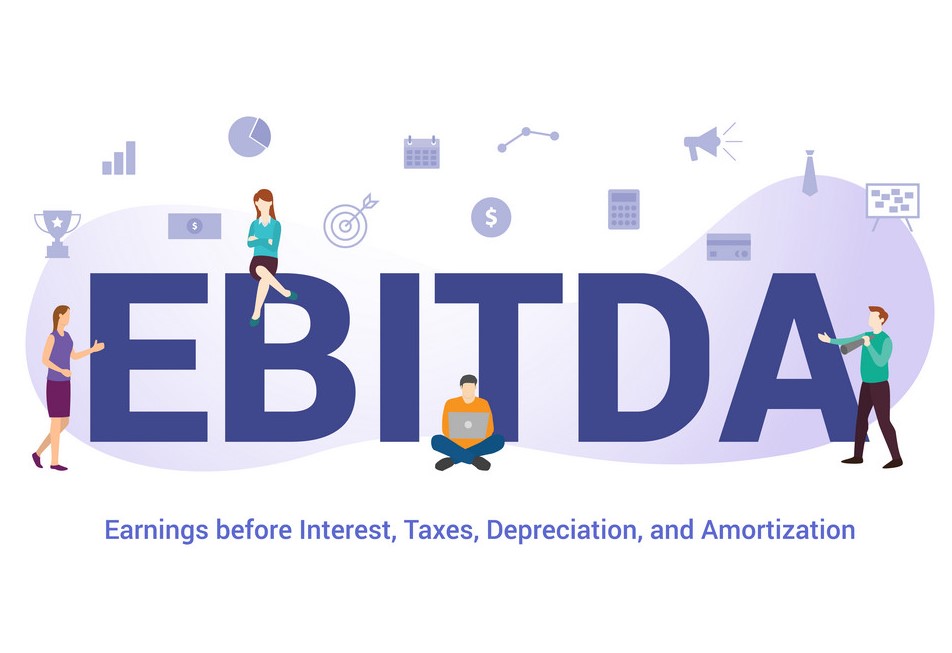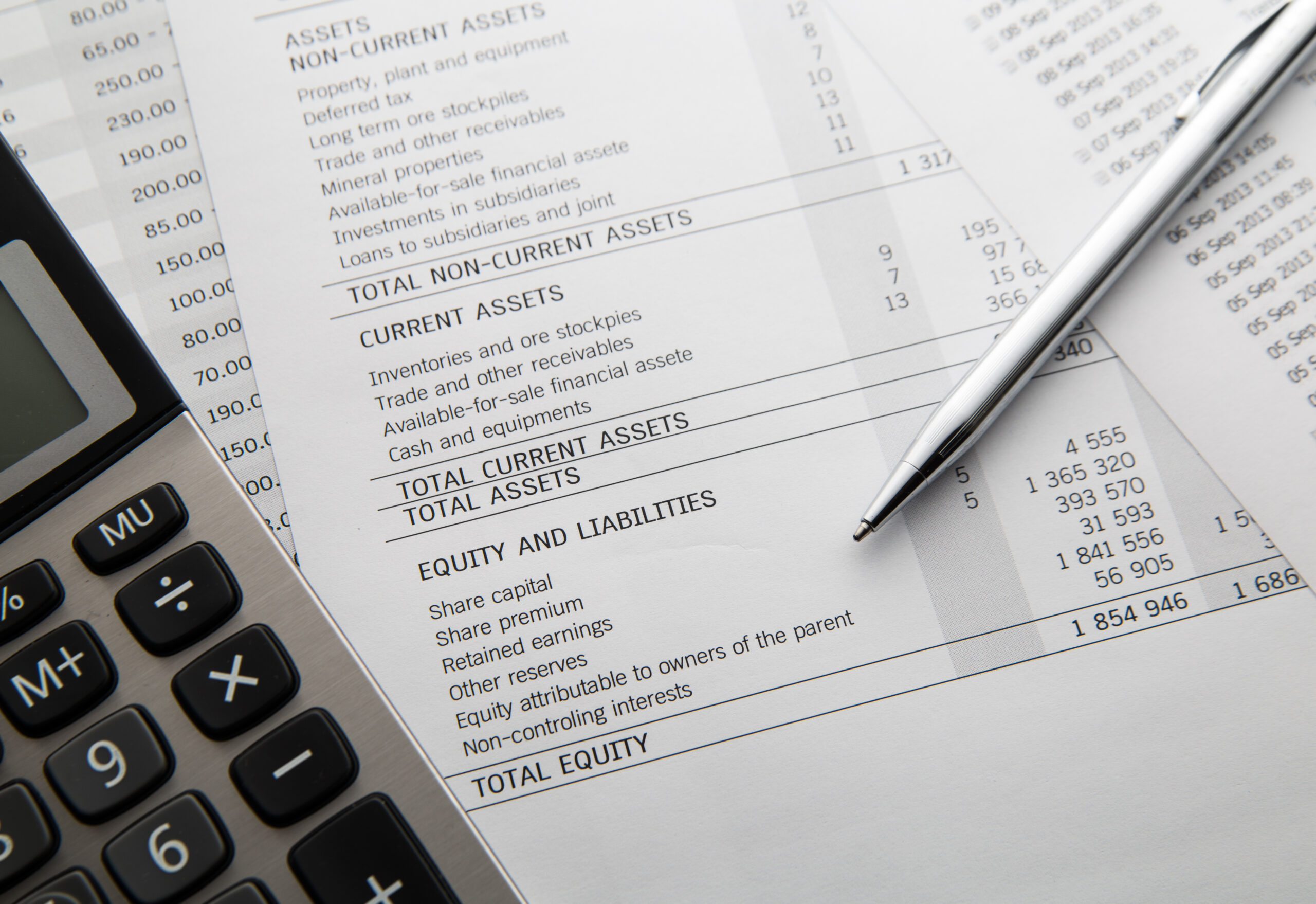
One of the great benefits of owning a business is the ability to leverage the expenses that the business is allowed to pay in order to minimize tax liability annually. This is completely legal and prudent. The only time this is an issue is when it comes time to determine the EBITDA (Earnings Before Interest, Taxes, Depreciations, and Amortization) valuation of your business in preparation to sell it.
Valuation multiples, EBITDA, and adjusted EBITDA are all crucial components in this process.
That is because the formula for business valuations is:
EBITDA x Multiple = Valuation
We talk a lot about the valuation multiples that businesses trade for, but today let’s focus on EBITDA and more importantly, adjusted EBITDA.
The first adjustment that needs to be made is that interest, taxes, and depreciation need to be added back to net income. This is because companies should be compared on a debt-free basis (therefore no interest expense). For taxes, businesses and individuals are either flow-throughs or in different tax brackets, and there are different accounting methods used for depreciation.
The second adjustment that needs to be made is owner add-backs. This can be the opposite of what you have been doing from a tax perspective. For taxes, you are running as many expenses through the business as possible to reduce tax liability, and now we want to add those back to show as great a profit as possible.
Additionally, we want a clean starting point for potential buyers to make their own assumptions on what management structure they want to put in place to run the business and the cost of that.

Add-backs fall into two categories: REOCCURING and NON-REOCCURRING.
REOCCURRING ADD-BACKS
- Owners’ total compensation
- Compensation of other family members in business
- Medical insurance for owners or family members
- Owner and family members’ car expenses (monthly payment, insurance, gas, etc.)
- Travel, meals, and entertainment not 100% business-related
- Clubs (country or golf, health, hunting/fishing, etc.)
- Phone expenses (personal and family members)
NON-REOCCURRING ITEMS AND ADD-BACKS
- Revenue items
- PPP loans
- Sale of asset
- Expense items
- Loss on insurance claim non-reimbursed
- Major repair, improvement, or purchase
- Major legal, accounting or consulting expense
- Any other major expense that is reoccurring
To better understand the impact of add-backs in business valuations for selling a business, please see the example below.
Here you’ll see that $400,000 of owner add-backs increased the value of the business $2.5m.
| P/L Statement | Multiple | Enterprise Value | |
| Sales | 5,000,000 | ||
| – COGS | -3,000,000 | ||
| Gross Profit | 2,000,000 | ||
| SG&A | -1,000,000 | ||
| Net Income | 1,000,000 | ||
| Depreciation | 250,000 | ||
| Interest | 30,000 | ||
| EBITDA | 1,380,000 | 4x | $5,520,000 |
| Owner Add-Backs | 400,000 | ||
| Adjusted EBITDA | 1,780,000 | 4x | $7,120,000 |
We are not suggesting that you change anything you are doing in terms of expenses you are running through the business for tax reasons. Only, that you:
- Be aware of what add-backs are
- Understand the impact of add-backs on business valuation
- Keep track of these owner add-backs when selling a business
The team of Business Brokers at Brentwood Growth have expertise in factoring in add-backs when selling a business. We know which add-backs and adjustments are appropriate for your type of company. This helps to begin the process on the right foot, creating trust between the buyer and seller and setting the correct initial value for your business from the start.
